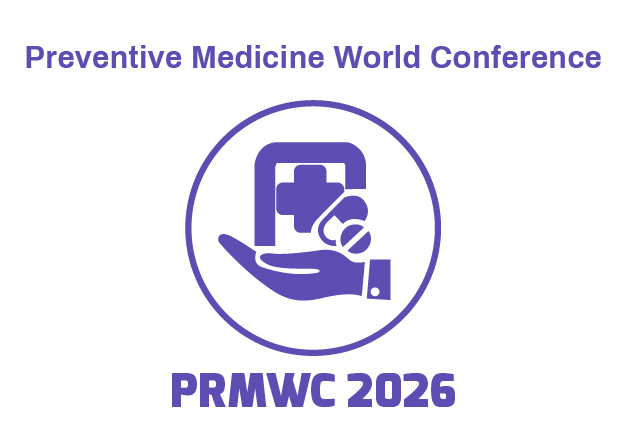Scientific Committee
Patricia Tak Hing Tai
- Designation: Allan Blair Cancer Clinic
- Country: Canada
Biography
Professor Patricia Tai graduated with a gold medal from U. of Hong Kong in 1984. Since then she became an experienced clinical oncologist with expertise in skin and urologic cancers. She is one of the international experts on Merkel cell carcinoma, the author in UpToDate since 2000. Being the author of 149 full publications and 126 abstracts, honorary Professor of University of Hong Kong and clinical professor of U. Saskatchewan, Canada, she now works with UpToDate and welcomes collaborations on photodynamic therapy, Merkel cell carcinoma and prostate cancer.
Abstract
Cancer affects approximately 40% of Canadians in their lifetime, with 25% succumbing to the disease. This update highlights recent advancements in prevention and treatment to improve survivorship.
Brain cancer: Prevention through a healthy diet, smoking cessation, genetic counseling to assess hereditary risks, and regular exercise to improves blood flow, should all be emphasized.
Head and neck cancer: Global campaigns against smoking and alcohol consumption should be initiated. The choice between radiotherapy and surgery largely depends on the cancer stage and the natural history of the specific cancer type.
Lung cancer: Prevention efforts focus on education of smoking risks. Early detection minimizes treatment morbidities by enabling less invasive surgery or radiotherapy. High-risk smokers are advised to undergo low-dose CT scans.
Skin cancer: Prevention includes limiting sun exposure, using SPF 30+ sunscreen, and avoiding peak UV hours. As radiotherapy may result in second malignancies, newer treatments are nowadays available for locally advanced basal cell carcinoma: vismodegib, while cemiplimab, a PD-1 inhibitor, was approved for advanced squamous and basal cell carcinomas. A few PD-L1 inhibitors now treat Merkel cell carcinoma and melanoma. Brachytherapy preserves function and cosmetic outcomes by treating over a smaller volume and likely reduces second malignancy risks.
Gastrointestinal cancer: Smoking cessation, adequate treatment of Barrett’s esophagus and other precancerous conditions of the gastrointestinal tract are most important strategies.
Prostate cancer: Prevention includes a diet rich in tomatoes and soy while avoiding obesity. Prostate-specific antigen (PSA) screening facilitates early detection, and nomograms help tailor treatment decisions. Again, radiotherapy may result in second malignancies of the bladder and rectum. Young patients should have prostatectomy. More research is done on cryotherapy recently.
Gynecologic Cancers: Prevention strategies include safe sexual practices and widespread human papilloma virus (HPV) vaccination. Self-administered HPV swab test provides accessible early cervical cancer detection, surpassing traditional Pap smears and would prove invaluable in countries with scarce healthcare providers and resources. The choice of surgery versus radiotherapy depends on the cancer stage. Both should address post-treatment vaginal fibrosis, which affects sexual health. Healthcare teams should prioritize counseling for gynecologic and prostate cancer survivors to improve sexual well-being.
Hematologic cancers: Avoiding chemicals is the key, along with lifestyle changes such as quitting smoking, reducing alcohol consumption, and maintaining a healthy diet. Pediatric cancers: Genetic counseling and a balanced, nutrient-rich diet (often called the 'rainbow diet') may be beneficial.
Conclusions: Recent advances in cancer prevention and treatment have improved survival and quality of life by minimizing treatment morbidities. Future challenges include controlling healthcare costs and increasing accessibility in developing nations. Continued collaboration among researchers, oncologists, and healthcare providers will shape future innovations. Acknowledgment: Special thanks to the team of the International Oncology Cancer Research Group (IOCRG), for contributing to this presentation.


